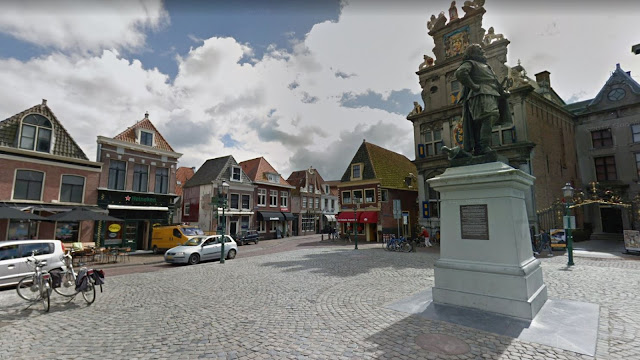The widespread ignorance about the great social and economic advances in the world coupled with misinformation on domestic trends, can trigger discontent when optimism is warranted — the question of whether the glass is seen as half-full or half-empty in deciding whether you're an optimist or pessimist, may depend on genes and William Shakespeare (1564–1616), the great English dramatist, has Hamlet, prince of Denmark, saying "there is nothing either good or bad, but thinking makes it so."
People in many countries think immigration (rate of people born overseas) is much higher than the facts
However, ignorance is not bliss whatever the view of the proverbial glass maybe.
Even in a decade in the European Union road deaths in 2016 at about 26,000 were down 40%; in the US, according to FBI data, the violent crime rate fell 48% between 1993 and 2016. Using Bureau of Justice Statistics (BJS) data, the rate fell 74% during that time span. In Dublin City, home ownership rose from 26% of households in 1946 compared with 61% outside the large cities, to 60% in 2016, down from over 70% in 2000, according to the Central Statistics Office.
In 1956 as the 6 founding states of what would become the European Economic Community were negotiating the terms of what they called a 'common market' (cited in Article 2 of the Treaty of Rome 1957),' Theodor Adorno and Max Horkheimer, two of Germany's leading philosophers, who were members of the Frankfurt School, began their own debate on producing a contemporary version of the 1848 'Communist Manifesto' which had been written by their compatriots, Karl Marx and Frederick Engels. Adorno commented, as his wife Gretel recorded, "We do not live in a revolutionary situation, and actually things are worse than ever. The horror is that for the first time we live in a world in which we can no longer imagine a better one." See: 'Towards a New Manifesto?'— 62 years later it's still possible to imagine a better world.










































